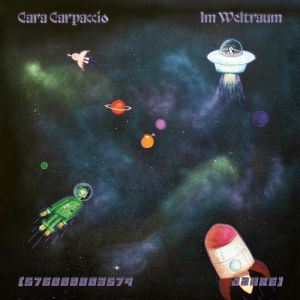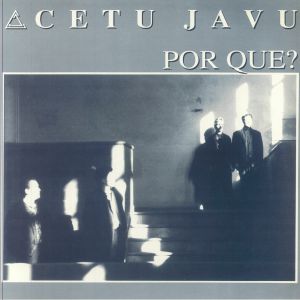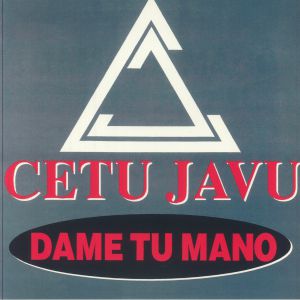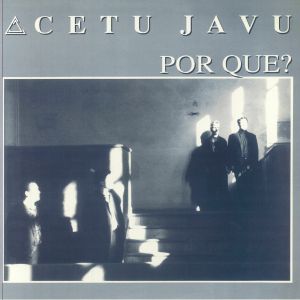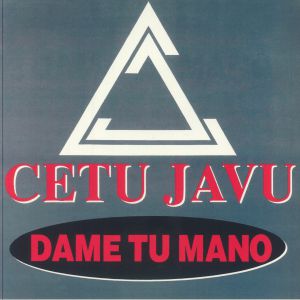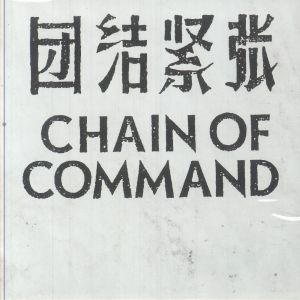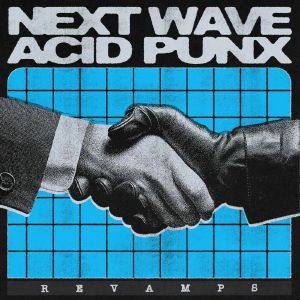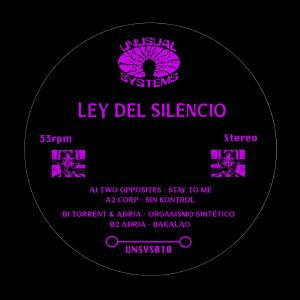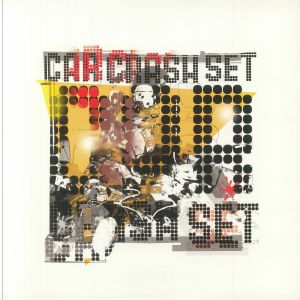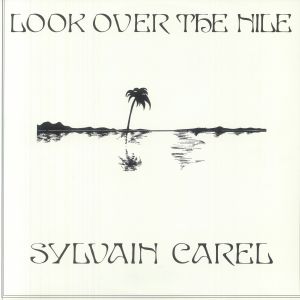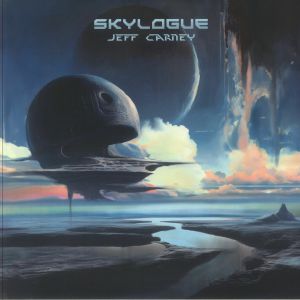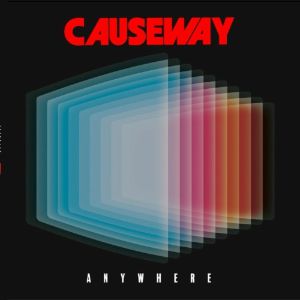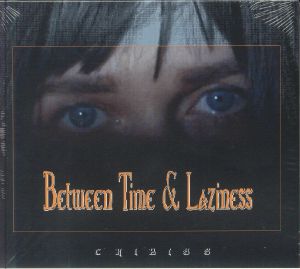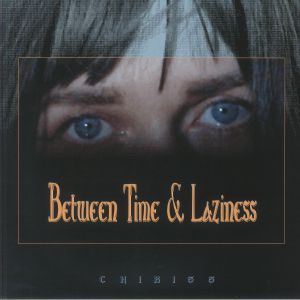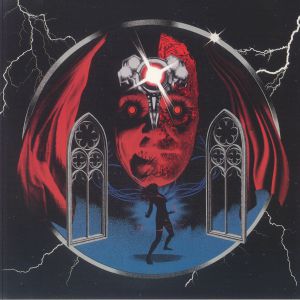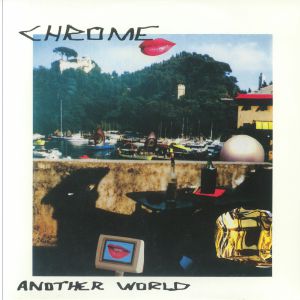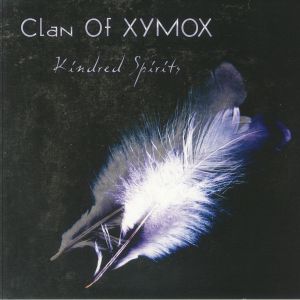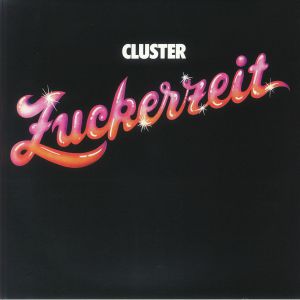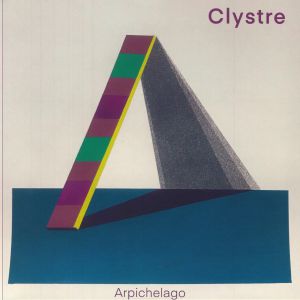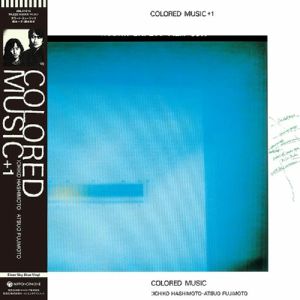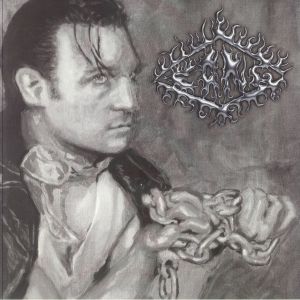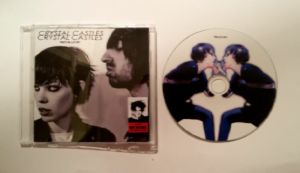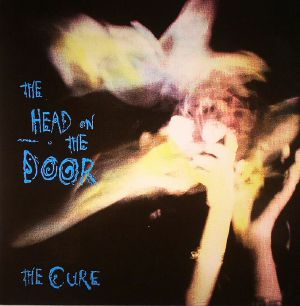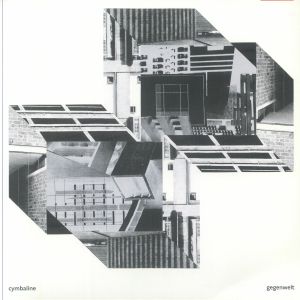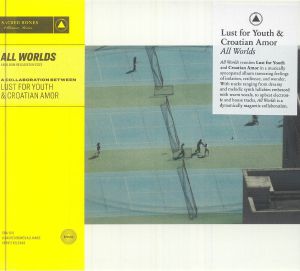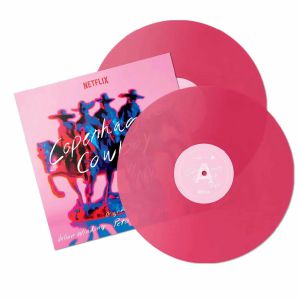Filter
Genre
在庫状況
Release Date
レーベル
Featured
リリースタイトル
値段
タグ
Back catalogue: Leftfield
Juno's full catalogue of Leftfield
シングル
Review: Cosmic vibes, disco roots and a touch of robot melancholy, created during a time of isolation and strange moments apparently, so channels feelings of longing and creativity into something playful and deeply human. We're told that what began as an open-ended studio session became a journey fuelled by synthesisers, with Luis adding guitar and Marabou handling gear and recording. The tracks balance nostalgia and futurism across remixes from I-f, Gerd Janson and Dan Tyler of the Idjut Boys.
… Read more in stock $15.58
Die Klapperschlange (Escape From New York) (reissue) (translucent red vinyl 12")
Cat: MAXI 114412. Rel: 06 Nov 24
Review: One of legendary filmmaker John Carpenter's few forays into electro-disco proper, 'Die Klapperschlange' is an instant throwback, the title theme from the 1981 sci-fi film Escape From New York. Everyone knows this melody, yet few could point to its origin, and that's likely due to the German release of the John Carpenter film being titled 'Die Klapperschlange' ('The Rattlesnake'). And yes, you heard us right: John Carpenter himself made this piece of music. A multi-talented man indeed, though he did work with fellow composer and sound designer Alan Howarth to add the finishing touches here. It's as if this track were made for the anarcho-discos of the future, its inherent darkness rendering it seemingly unassailable by the crumbling of society or public breakouts of violence depicted in the film. Plus, there's *that* unmistakable four-bar extension, in which a three-note hook has permanently wedged itself in our minds - wowee. And on this new release via ZYX, we've got two new alt-mixes and an outrun techno remix from Nomoo. Sweet!
… Read morePlayed by: Josh Cheon, Tom Drew
in stock $20.89
in stock $23.38
Review: Cetu Javu's iconic track 'Por Que?' (which as you probably can work out translates as why?) returns on a lovely grey marbled vinyl 12" courtesy of Blanco Y Negro Spain. A timeless classic from the late 80s and early 90s synth-pop and electronic scene, this single captures the band's signature blend of infectious melodies and emotive Spanish vocals. It's a fiery sound that is packed with melancholic undertones and driving rhythms that mean it has remained a dancefloor favourite for fans of vintage electronic sounds. This special edition offers a pristine homage to the era that takes you back in an instant.
… Read more in stock $23.11
Review: Cetu Javu's 'Dame Tu Mano' is something of a classic for lovers of early synth sounds and now it is back and reissued on grey marbled vinyl. Known for their blend of synthpop and Latin-inspired melodies, this track captures Cetu Javu's signature emotive style and irresistible sense of analogue rhythm. Originally a hit in the late 80s and early 90s, this fine single is a staple for fans of 80s beats and its great vocals also bring plenty of old-school vibes.
… Read more in stock $23.11
Review: Cetu Javu's 'Por Que?' gets a fresh release on vinyl from Blanco Y Negro and it's a proper nod to classic dance nostalgia. Side 1 kicks off with the extended mix of 'Por Que?,' a melodic, synth-heavy track packed with infectious grooves, followed by 'Don't Leave Me,' which keeps the energy high with its pulsating basslines and emotive vocals. Side 2 brings a remix of 'Por Que?' that adds a modern twist, alongside the original album version, perfect for fans craving that irresistible late 80s/early 90s dance vibe.
… Read morePlayed by: Josh Cheon
in stock $23.38
Review: Soanish mega-label Blanco Y Negro continues to reissue rather good, but frequently overlooked, gems from its vast archives. This one, from German-Spanish synth-pop band Cetu Javu, dates from 1992 and sees the combo combine their early Depeche Mode-esque vocals and synth sounds with nods to the more driving, peak-time ready sounds of European house music. That's best exemplified by the opening 'Remix' version of title track 'Dame Tu Mano', which also comes in the moody synth-pop style 'Extended Mix'. Over on the flip, we get the chiming melodies, mid-80s Pet Shop Boys grooves and Euro-dance bleeps of 'Una Mujer (remix)' and the Bobby Orlando-meets-Shep Pettibone fun of 'Tempo (remix)'.
… Read more in stock $23.11
in stock $23.11
Some Aspects (7" + booklet + postcard + MP3 download code limited to 117 copies)
Cat: ANNA 010. Rel: 13 Dec 24
in stock $12.54
Review: An EP that takes you through elevated 80s-inspired coldwave and synth soundscapes, matching nostalgia with modern production and featuring a seamless fusion of proto-techno, EBM and synth-pop. Side-1 opens with Deborah Sasson & MCL's 'Danger In Her Eyes' (Curses Revamp), a thrilling reimagination of new beat and synth-pop. The addition of vocal samples elevates its vintage essence, delivering a futuristic gem that's both haunting and danceable. Next, Andi's rework of 'Philadelphia Five's Not Leaving Without Jerry' injects energy with its uptempo groove, merging EBM rhythms with a dash of disco flair for an infectious, club-ready cut. Side-2 starts with 'House Fatale' (Curses Revamp) by JWB Hits The Beat, an ode to late 80s synth-pop akin to My Life with the Thrill Kill Kult. Chopped vocals and melodic synths create a hypnotic, era-defining vibe. Finally, Stockholm Syndrome AU's revamp of 'Voyou's Houseman' leans into heavier industrial and EBM tones, blending them for a powerful conclusion. This collection is a great example in reviving and reinventing vintage sounds, offering a fresh perspective on timeless styles.
… Read morePlayed by: Juno Recommends Leftfield
in stock $20.33
Ley Del Silencio (12")
Cat: UNSYS 010. Rel: 29 Apr 25
Review: Crossing between V/A comp and split 12", Unusual Systems present the tenth edition in their series celebrating the work of local Italian producers. Glossing xenon flashes of Italo disco and electro-disco-synth, we've here the tasering talents of duo Two Opposites and then solo artist Corp on the A, backed up by Catalan producers Torrent and Adria on the B side. The opening productions are slick, adumbrate bops, outlining the barest, darkest contours of Italo in its most abstract form. Adria's 'Bakaloo' is the highlight of the B, indulging the weirdest of buildups and most party-crashing of progressions.
… Read more in stock $14.21
アルバム
Join The Car Crash Set (reissue) (limited 180 gram "yellow flame" yellow & red marbled vinyl LP + hand-numbered postcard + poster + sticker)
Cat: ANNA 0162008Y. Rel: 30 Sep 24
in stock $24.23
Look Over The Nile (Record Store Day RSD 2025) (limited LP)
Cat: EZRDR 203. Rel: 23 Apr 25
in stock $47.89
in stock $33.98
in stock $28.12
in stock $30.06
Review: Contrary to its ultra-crisp sound - one that suggests it could've been made today - Cetu Javu's Southern Lands was first released on Basic Mix in 1990. Catering to the largely cassette-bound underground of Barcelona at the time, Basic Mix acted as a little-known sublabel through which acts like Javu could express their best and rawest sides. Comprising Javier Revilla and Chris Demere, Cetu Javu had moved to Barcelona from Hanover, Germany - inspired by the works of Kraftwerk, Soft Cell, and Jean-Michel Jarre - and thus produced Southern Lands following a tour shared with fellow acts Wolfsheim and Blind Passengers. The album is shockingly well-made, bespeaking the power of minimal production and conservative vocal processing to achieve a crystal-clear, no less upfront, 'naked' industrial sound.
… Read morePlayed by: Juno Recommends Experimental
in stock $42.32
Review: Javier Revilla Diez, Chris Demere, Stefan Engelke and Torsten Engelke put out an incredible back catalogue as Cetu Java. Active between 1987 ad 1994, they took inspiration from the formative synth-pop years, but rather than replicating, added plenty to the formula that you could say was specific to this outfit. If that were't obvious back then, it's certainly clear to hear listening back today, 30 years after they disbanded and all-but-vanished from the spotlight (after the split, it would be a quarter century before they fave another media interview). Plenty of mythology around the group, then, Where Is Where was, in many ways, their magnum opus. First released in 1992, it not only calls on the group's European roots - with members from Spain, and a base in Germany - it also opens things up stylistically. So, while songs like the title track, 'Time', 'Sometimes' and many more are saturated in a classic synth pop sound, elsewhere the likes of 'Un Dia Normal', 'Dame Tu Mano' and 'Caribbean Dream' opt for something more exotic altogether, without jarring with difference.
… Read more in stock $41.49
in stock $16.43
in stock $28.68
in stock $36.48
Another World (reissue) (limited gatefold silver & black splattered vinyl LP)
Cat: CLOLP 5958. Rel: 18 Jul 24
in stock $30.06
Kindred Spirits (reissue) (limited 180 gram black, white & blue splattered vinyl LP)
Cat: TRI 821. Rel: 10 Jul 24
in stock $41.21
Zuckerzeit (50th Anniversary Edition) (limited hand-numbered 180 gram vinyl LP + insert)
Cat: BB 447LTD. Rel: 10 Jun 24
Review: Cluster's Zuckerzeit stands as a landmark in electronic music, showing the duo's innovative approach to ambient electronic soundscapes. Unlike their self-aware avant-garde contemporaries, Cluster's music emerges as a pure expression of their passion for electronic gadgetry and songwriting. The album's subtle shift in sound from their previous work heralds a more intriguing style characterized by bubbling ideas and electronic manipulation. Tracks like 'Hollywood' and 'Caramel' paint vivid pictures with gloriously chunky synthesizers and jerky drumbeats, evoking reflective and playful tones respectively. 'Rote Riki' ventures into experimental territory with alien-like synths and throbbing bass, while 'Rosa,' "Fotschi Tong,' and 'Marzipan' conjure images of ambient space exploration with colorful synthesizers and relaxed drumbeats. 'Caramba' and 'James' delve deeper into experimentation, showcasing Cluster's versatility. Closing with 'Rotor' and 'HeiBe Lippen,' the album maintains its pace, with motorik beats and droning sounds adding to the overall spacey atmosphere. Clocking in at under 40 minutes, Zuckerzeit is a dynamic journey through Cluster's boundless creativity, setting a new standard for electronic music.
… Read more in stock $31.74
in stock $28.95
Passion Depression (limited black ice glitter vinyl LP + insert)
Cat: HEARTWORM 111. Rel: 01 Nov 24
Review: LA-based coldwave solo act Cold Cave present their very latest EP 'Passion Depression', a deathly gothic new EP portending the grisly end, and yet also a fortuitous beginning. Where depression is a pathology of unritualised mourning, and yet also is the stigmatised volte-face of new, better beginnings, so too do does this fulsome synthpop EP teem with both shady omens and gleeful ecstasy. 'She Reigns Down' lays the formula bare, with avariciously sanguine vocals contrasting meanly to 8-bit beats. 'Shadow Dance' plays up the vocal reverb, in breaking contrast to the air-raid sirens and arpy progressions abounding the background. 'Blackberries' and 'Hourglass' continue to bulge with synth-popped gloom, yet also reveal a bitter revelation of vampiric desire on the part of the artist - "I want it all" - despite the closing note of bittersweet triumph.
… Read more in stock $35.09
Colored Music (reissue) (clear sky blue vinyl LP + booklet with obi-strip)
Cat: HMJY 216. Rel: 29 Jan 25
Review: This reissue of the 1981 self-titled album from the cult Japanese duo Colored Music is now made available on vinyl for the first time since its original release. This groundbreaking mix of cosmic new wave, avant-garde synth-pop, experimental funk and unconventional disco is wonderfully unique and is reminiscent of David Bowie's Berlin Trilogy with a psychedelic Haruomi Hosono touch. Featuring celebrated musicians like Mansaku Kimura and Shuichi "Ponta" Murakami, Colored Music delivers an unparalleled, otherworldly soundscape that belies it ages.
… Read morePlayed by: DJ ROCCA
in stock $46.50
Moto Zone (limited heayweight "exhaust fume" clear & black smokey vinyl LP + print)
Cat: ITLP 030C. Rel: 29 Aug 24
in stock $24.89
Lezire (limited orange marbled vinyl LP)
Cat: 801667 0155218. Rel: 03 Apr 25
in stock $34.52
Review: Charles Rowell stops off for another release under his Crush Of Souls moniker, hammering yet another gothic sonic nail in the coffin. Recorded at the aptly named Catacomb Soul studios, where he had recently finished recording the antecedent release '(A)Void Love', Rowell's latest LP is dedicated to the French capital city Paris, but we've a sense that *his* Paris isn't *our* Paris. There are of course catacombs in Paris, subjacent to the metropolis' surface romances. With the LP's title punning on French words for "lizard" and "desire", a lustily unnerving synthpop record unfolds, and this is one mood requiring only the slightest touch of grimness to evoke: such as pitchy, drawled vocals on the otherwise glittery and well-rounded 'Cult Of Two', and eighteenth note tenebrae on 'No Soul', serving to bury an otherwise melodic tune in hollow chaos.
… Read more in stock $23.95
Not In Love (CD limited to 200 copies)
Cat: CRYSTALCASTLES NOT. Rel: 20 Mar 25
in stock $15.88
The Head On The Door (B-STOCK) (180 gram vinyl LP)
Cat: FIXH 11 (B-STOCK). Rel: 01 Jan 90
B-STOCK: Sleeve damaged but otherwise in excellent condition
In Between Days
Kyoto Song
The Blood
Six Different Ways
Push
The Baby Screams
Close To Me
A Night Like This
Screw
Sinking
in stock $27.01
in stock $27.01
in stock $19.81
All Worlds (CD with obi-strip)
Cat: SBA 10CD. Rel: 06 Mar 25
in stock $16.15
All Worlds (limited translucent green vinyl LP with obi-strip)
Cat: SBA 10LPC3. Rel: 06 Mar 25
in stock $27.01
Copenhagen Cowboy (Soundtrack) (limited gatefold neon pink vinyl 2xLP in spot-varnished sleeve)
Cat: DW 254. Rel: 10 Sep 24
in stock $68.78

 USD
USD






